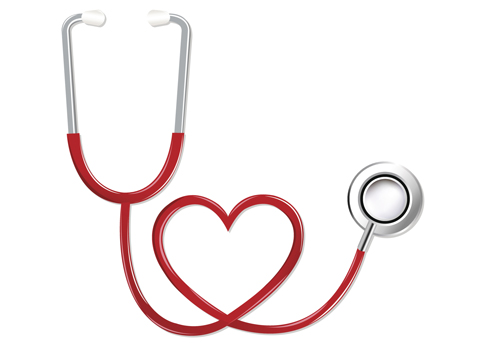
Aweakened heart unable to pump enough blood to meet the body’s needs results in congestive heart failure (CHF). When this happens, fluid builds up in the extremities, causing the legs, ankles, feet and fingers to swell. Fluid also accumulates in the lungs—a condition called pulmonary edema—causing shortness of breath, especially during activity or when lying down.
CHF has many causes, including years of uncontrolled high blood pressure or blocked blood vessels supplying the heart. Disease, alcoholism or drug use can also cause damage to the heart valves or heart muscle.
About 400,000 new cases of CHF are diagnosed in the United States each year. The condition is categorized by the symptoms it causes:
- Class I CHF: no symptoms during normal activities
- Class II (mild CHF): symptoms occur with more than mild exertion
- Class III (moderate CHF): symptoms occur with less-than-ordinary activity
- Class IV (severe CHF): symptoms occur with any physical activity and at rest
CHF is irreversible, but it may be controlled or slowed by taking medicines in the exact amount on the schedule prescribed, reducing the amount of sodium (salt) in your diet, elevating your feet and legs when they are swollen, monitoring and controlling your blood pressure, avoiding smoking and drinking alcohol, and working out to the degree your condition allows.
Studies have found that physical therapy is safe and provides modest benefits for many people with mild-to-moderate CHF. The American Heart Association Committee on Exercise advocates that CHF patients participate in physical therapy rehabilitation programs. We will be happy to devise and monitor a safe program that will complement the limitations imposed by your condition.
